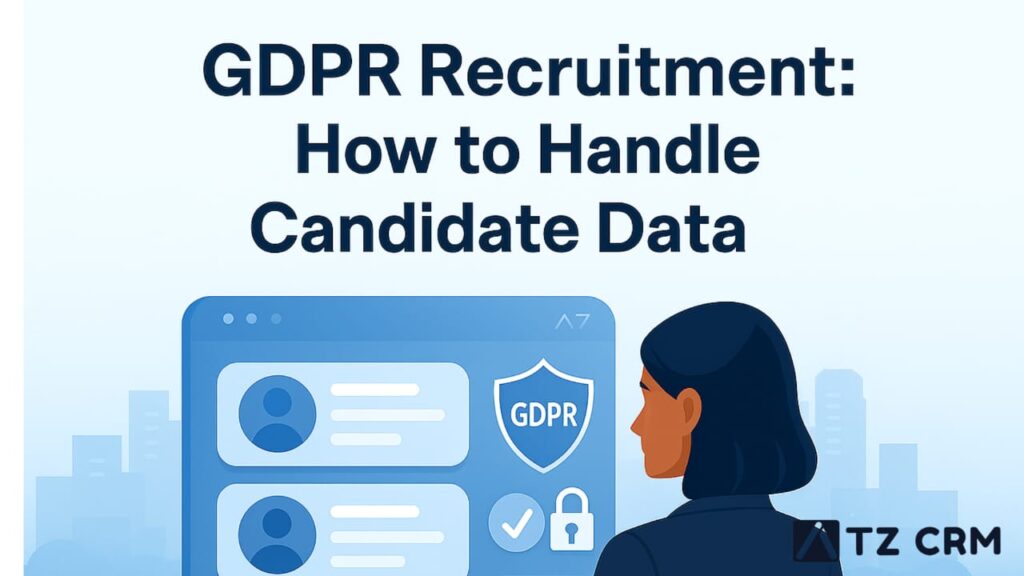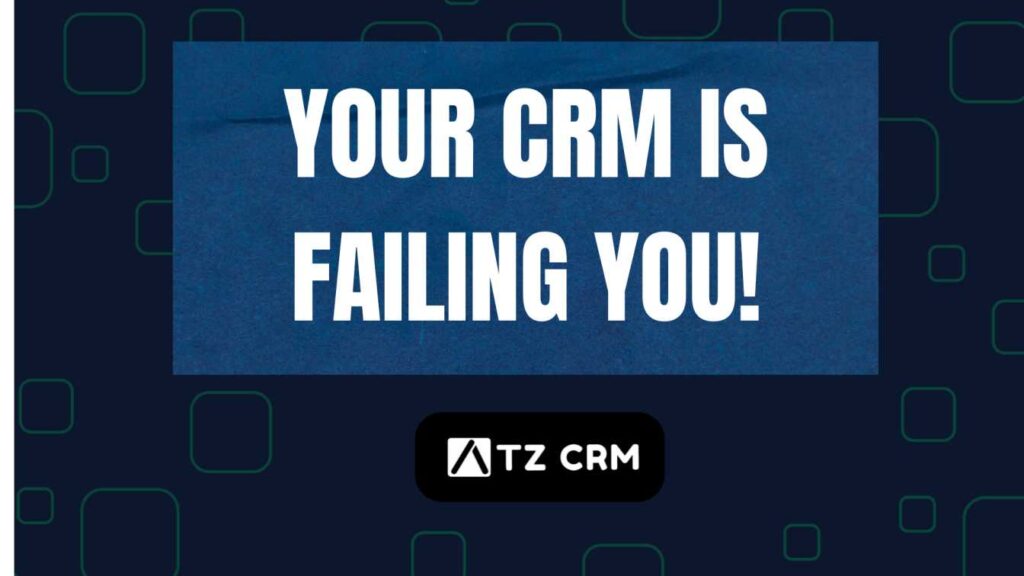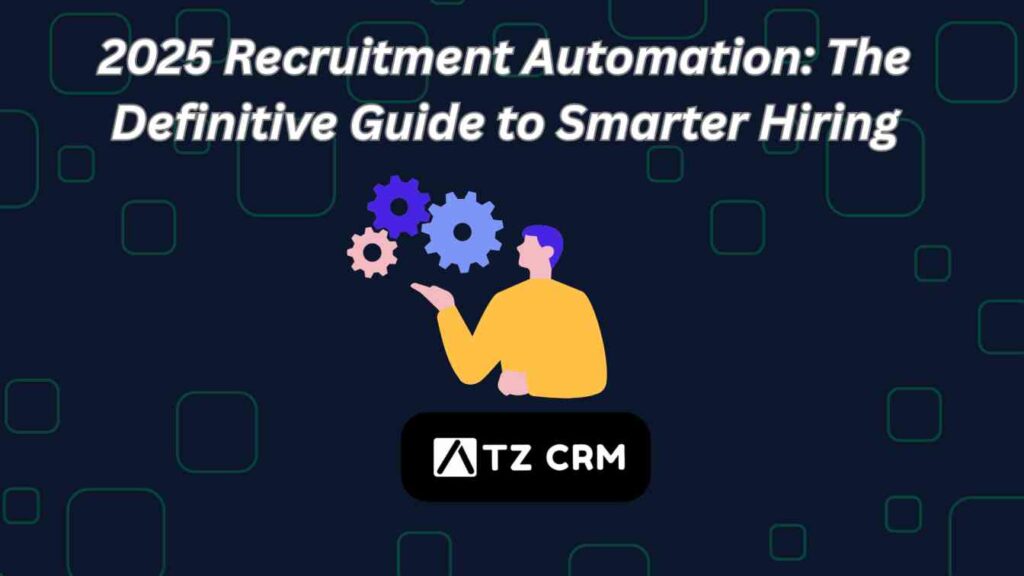Introduction
GDPR recruitment in 2025 is more than just a legal requirement—it’s a strategic pillar of ethical hiring. As recruitment processes grow increasingly digital, the responsibility to handle candidate data under GDPR rule has become a defining factor in building trust and ensuring compliance. Mishandling data can lead to serious penalties, but more importantly, it risks damaging candidate relationships and employer reputation. This guide outlines the latest expectations under GDPR and offers a clear approach to managing candidate data with transparency, security, and accountability.
Understanding GDPR in the Context of Recruitment
The General Data Protection Regulation (GDPR) came into effect in 2018, but its impact on recruitment has deepened with the rise of AI, cloud-based ATS, and international hiring. In 2025, GDPR still governs how recruiters collect, store, process, and delete candidate data across the EU and beyond.
Recruitment under GDPR is not just a checkbox exercise—it’s a dynamic compliance process. It mandates that organizations collect only the data they need, store it securely, obtain clear consent, and provide candidates with control over their personal information.
Why GDPR Matters for Recruiters in 2025
Recruiters today have access to more personal data than ever: resumes, social profiles, references, psychometric tests, and sometimes even video recordings. Mishandling such data can lead to legal consequences, loss of candidate trust, and damage to employer brand. GDPR compliance ensures that your recruitment processes are both efficient and ethical.
Key reasons why GDPR is essential for recruiters:
- Prevents data misuse and unauthorized sharing
- Enhances candidate trust through transparency
- Minimizes risk of fines (up to €20 million or 4% of global turnover)
- Promotes standardized and fair hiring practices
Legal Grounds for Processing Candidate Data Under GDPR Rule
When dealing with candidate data under GDPR, recruiters must identify a lawful basis for processing personal information. These are the most relevant grounds for recruitment:
1. Consent
The most straightforward method—obtaining clear, specific, and informed consent from candidates before collecting or processing their data.
2. Legitimate Interest
Recruiters may rely on legitimate interest when contacting passive candidates or storing applicant data for future roles. However, this must be balanced against the candidate’s privacy rights.
3. Contractual Obligation
If a candidate is being hired or is in final stages, recruiters can process data required to fulfill contractual steps like issuing an offer letter.
It’s crucial that these grounds are clearly documented and reviewed regularly.
Related Read: Ultimate Recruit CRM Best ATS Ranked
Collecting and Storing Candidate Data: Best Practices
Handling candidate management under GDPR begins with secure and transparent data collection. Here are essential practices:
Transparent Privacy Notices
Your careers page and job application forms should include GDPR-compliant privacy notices. They must state:
- What data you’re collecting
- Why you’re collecting it
- How long you’ll keep it
- With whom it may be shared
- How the candidate can access or delete it
Related Blogs : Pros and Cons of Free vs Paid Job Posting Websites
Data Minimization
Only collect data that’s necessary for the hiring process. Avoid asking for excessive details such as marital status, nationality (unless legally required), or personal identifiers.
Encrypted Storage and Secure Access
Use GDPR-compliant Applicant Tracking Systems (ATS) that encrypt data at rest and in transit. Access should be role-based—only authorized personnel should view candidate data.
Retention Policies and the Right to Be Forgotten
Under GDPR, candidates have the right to be forgotten, which means they can request deletion of their data at any point. It’s the recruiter’s responsibility to:
- Honor these requests promptly
- Communicate deletion with third parties who’ve received the data
- Avoid retaining data longer than necessary
Set clear data retention periods in your recruitment policy—e.g., keeping unsuccessful candidate data for no more than 6–12 months unless explicit consent is given to retain it longer.
Related Blogs : Best RecruitorFlow Alternatives for Recruiting Firms
Candidate Rights Under GDPR and How to Respect Them
Recruitment teams must uphold several rights granted to candidates under GDPR:
- Right to access – Candidates can ask what data you have on them.
- Right to rectification – They can request corrections in case of errors.
- Right to erasure – They can ask for data deletion.
- Right to restrict processing – They may request limitations on how their data is used.
- Right to data portability – They can request their data in a structured, machine-readable format.
Ensure there’s a clear and quick process to handle such requests internally. Also, educate recruiters and hiring managers on these rights.
Related Blogs : Discover Free ATS For Small Businesses
Email Communication and GDPR
Many recruiters still engage candidates through cold emails and follow-ups. To stay compliant:
- Include an opt-out link in all communication.
- Don’t use scraped emails from job portals without consent.
- Avoid sending sensitive documents over unencrypted channels.
In 2025, smart email tools now offer GDPR toggle features—use them to automatically tag emails that need privacy disclaimers or to anonymize recipient data post-interview.
Related Blogs :Best Bullhorn Alternatives For Effortless Hiring
AI, Automation, and GDPR in Candidate Management
With the rise of AI-based screening and automated assessments, candidate management under GDPR requires an extra layer of diligence. Automated decision-making must be explainable, and candidates have the right to human intervention in decision processes.
Best practices include:
- Informing candidates when AI is used in evaluation
- Avoiding fully automated rejection decisions
- Logging the logic behind screening models
Third-Party Vendors and GDPR Accountability
If you share candidate data with background check agencies, external recruiters, or assessment platforms, ensure they are also GDPR-compliant. Sign Data Processing Agreements (DPAs) with all vendors handling candidate data on your behalf.
For example, platforms like Worklytics offer privacy-first workforce analytics solutions that anonymize data at the point of collection, ensuring GDPR compliance while still delivering deep, actionable insights.
Tips for a GDPR-Compliant Recruitment Workflow
- Use GDPR-ready recruitment software
- Update privacy policies yearly
- Conduct internal GDPR audits regularly
- Maintain a data inventory of all candidate records
- Train recruiters on data handling and candidate rights
- Avoid saving resumes locally or in unsecure cloud storage
Conclusion: Building Trust through GDPR-First Recruitment
By putting GDPR recruitment practices at the center of your hiring process in 2025, you’re not just avoiding legal trouble—you’re building trust with every applicant. Today’s job seekers are increasingly data-aware, and respecting their privacy enhances your brand’s credibility.
Remember: compliance is not a one-time act. It’s an ongoing commitment to ethical and secure candidate management under GDPR rules. As recruitment tech evolves, so must your data practices—always in alignment with regulation, respect, and responsibility.
FAQ
1. What is GDPR recruitment and why is it important in 2025?
GDPR recruitment refers to handling candidate data in compliance with the General Data Protection Regulation. It ensures ethical hiring, builds trust, and avoids legal risks.
2. Can recruiters store candidate data without consent?
Only under certain legal bases like legitimate interest or contractual obligation. However, explicit consent is the safest and most transparent approach.
3. How long can candidate data be retained under GDPR?
Data should only be retained as long as necessary—typically 6 to 12 months for unsuccessful applicants, unless further consent is obtained.
4. What rights do candidates have over their data?
Candidates can access, correct, delete, or restrict the use of their data. They also have the right to data portability and to object to certain processing.
Experience the full power of ATZ CRM with a free trial – no credit card needed!
Test all our features before making a commitment. Ready to see our ATS + CRM in action?


